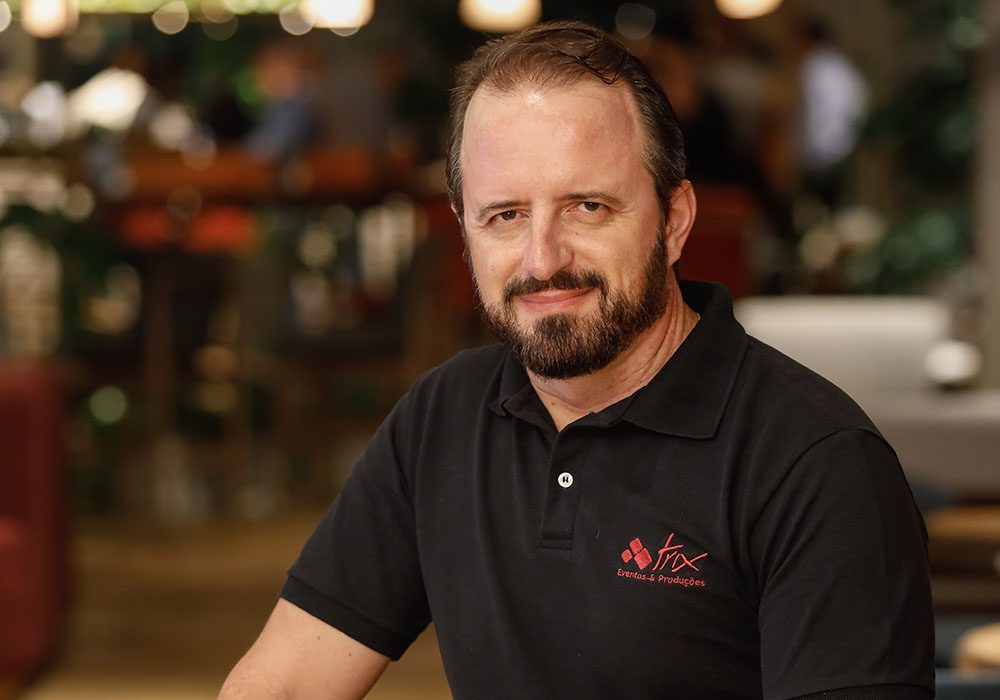The corporate event industry in the United States is being forced to evolve. As companies work to reconnect dispersed teams, rebuild trust with stakeholders, and show measurable results, events are no longer background operations. They are tools of strategy. Yet the sector remains fragmented. Too many providers still focus on logistics instead of intent, missing opportunities to strengthen culture, inclusion, and credibility in industries where public image is inseparable from compliance.
This problem runs deeper than planning. It reflects a wider shift in how organizations define engagement and representation. Only a quarter of working-age Americans with disabilities were employed in 2024, even as companies increased their public commitments to diversity. At the same time, two-thirds of marketing executives say labor shortages are limiting growth in experiential and live communication roles. The gap is structural, not tactical. Businesses need partners who can connect their events to broader organizational goals while building access and skilled teams.
That is the space Rogério Cesar Sutto intends to occupy with the launch of Trix Corporate Events in Boca Raton, Florida. After more than four decades in international media and event production, he plans to position the company as a strategic ally for corporate departments rather than a simple vendor. The goal is to design events that are inclusive, measurable, and aligned with business outcomes—not just to make them run smoothly.
Sutto’s career began in São Paulo, managing national legal publications before digital systems existed. Over time, he co-founded Trix Eventos, one of Brazil’s most respected corporate event firms, delivering large-scale productions for SpaceX, Altair Engineering, and Seegene Korea. His projects blended storytelling with operational precision, demanding fluency across cultures, regulations, and technologies. Those experiences now inform the foundation of his U.S. venture.
The model behind Trix Corporate Events reflects a simple conviction: events should act as levers for cohesion and growth. The company will support clients in everything from trade shows to investor presentations, with an internal structure designed for inclusion. It will hire professionals with disabilities in roles such as coordination, client support, and technical operations—an intentional move to align workforce design with client values.
“The industry talks a lot about engagement,” Sutto said. “But real engagement begins with who you include, not only who attends. If an event represents a company, it should mirror its values from the inside out.”
This philosophy extends to how the company plans to develop talent. Trix Corporate Events will establish mentorship programs and in-house training designed to create specialists capable of managing rapid shifts in demand. It aims to reduce reliance on temporary contractors while giving staff clearer career pathways in an industry where turnover and burnout are common.
The timing aligns with broader market trends. In September 2024 alone, more than 426,000 new business applications were filed in the United States. Many of these startups need visibility but lack the infrastructure or expertise to reach investors and customers effectively. Trix Corporate Events intends to bridge that gap by offering strategic support that translates ideas into presence.
Regulated sectors such as healthcare and finance offer another opportunity. Together they represent nearly one-fifth of U.S. GDP, and both rely on events to communicate innovation, trust, and compliance. Trix Corporate Events plans to specialize in these spaces, bringing consistency, documentation discipline, and measurable outcomes to clients that operate under strict oversight.
The company also aims to strengthen local economies. By sourcing vendors regionally—fabricators, audiovisual teams, and logistics partners—it plans to multiply economic impact while supporting community resilience. This approach aligns with the Department of Commerce’s RIMS II model, which measures how localized spending drives broader growth.
Though the company is still preparing to launch, Sutto’s direction is already clear. His focus on inclusion, workforce development, and long-term client alignment signals a departure from event planning as a one-off service. Instead, it positions Trix Corporate Events as part of a wider shift in how companies think about connection and purpose.
As the U.S. events industry redefines itself, this model may help move the focus from execution to intention. It suggests a future where events are not simply managed but built to matter.



































